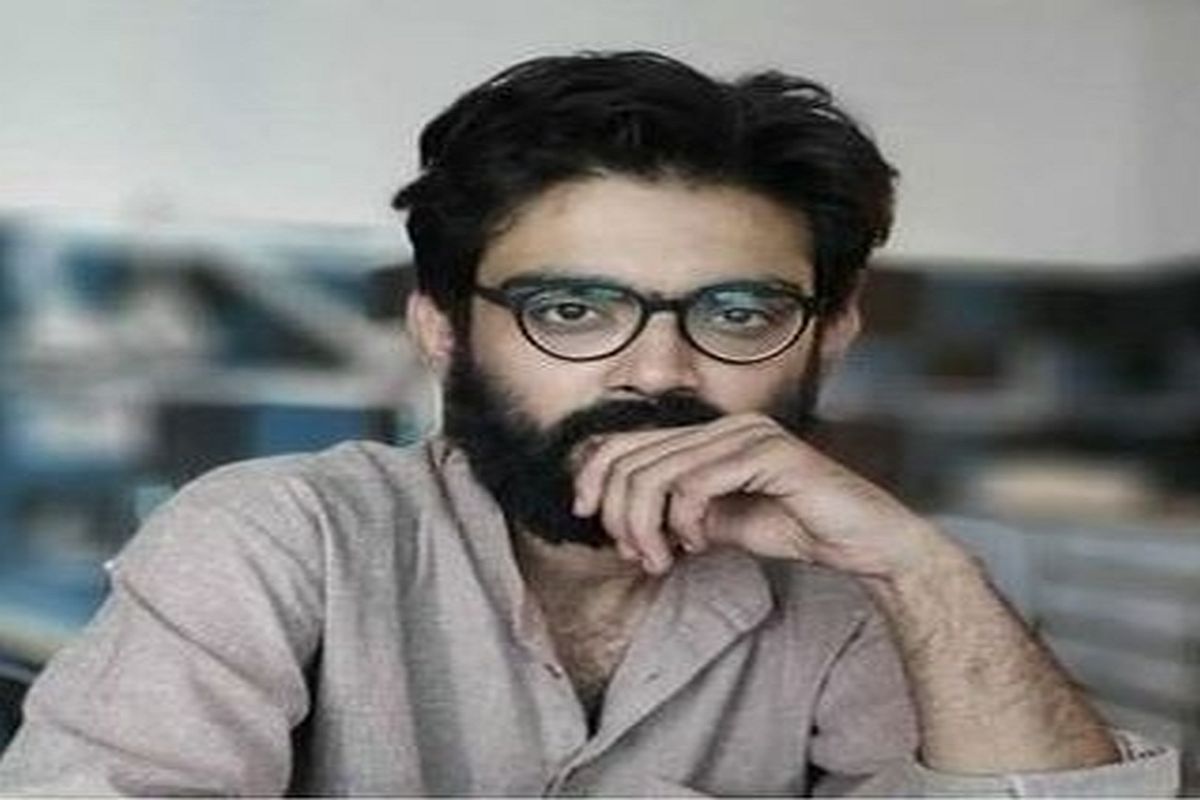The Delhi High Court while dismissing the petition filed by former JNU scholar Sharjeel Imam challenging the trial court order granting more time to the police to conclude the probe in a case against him, observed that the lockdown due the outbreak of the COVID-19 pandemic disrupted the pace of the probe.
The high court noted that the report submitted by the Additional Public Prosecutor (APP) mentioned that due to the global COVID-19 pandemic a lockdown was imposed due to which the pace of the investigation was seriously disrupted.
Advertisement
“The aforesaid clearly depicts the reasons for not completing the investigation in 90 days,” said a single judge bench of the high court presided over by Justice V Kameshwara Rao.
This observation was made in response to the allegations levelled by the petitioner’s counsel, senior advocate Rebecca John who had said that the report of the APP does not satisfy the requirement under the law.
The court also declined John’s submission that the information given by the Investigating Officer to the counsel for the petitioner that the investigating agency intends to move an application under Section 43 of the UAPA is not a substitute for a notice to be issued by the court on an application filed by the APP.
“The fact that the counsel of the petitioner was in the knowledge about the impending application seeking extension of time for completion of the investigation beyond 90 days and a written notice giving reasons is not the requirement of law, I find, there is a compliance of principles of natural justice,” the court said.
It added that even if a notice was issued to the petitioner, he would have authorized his counsel to represent him only to know that an application/ report was being considered for extension of time for completion of investigation.
“The plea that notice could have been issued to the petitioner for his presence on April 27, 2020, which was the 90th day is not appealing, as the same would not have been required. In that sense no prejudice has been caused to the petitioner in the facts,” the court held.
The high court noted that John’s submissions that the filing of the application for seeking extension to complete the probe on the 88th day was clearly malafide only to deny the statutory bail to the petitioner were not convincing. “This I say so because the addition of Section 13 of UAPA to the offences has not been contested. The UAPA provides for extension of the period of investigation for a further period of 90 days i.e. totalling 180 days,” the court held.
Justice V Kameshwar Rao turned down the petition filed by Imam through advocates Bhavook Chauhan, Surabhi Dhar and Ahmed Ibrahim which had also sought the court’s direction to release Imam on default bail under section 167(2) of the Code of Criminal Procedure (CrPC).
The high court had on June 25 reserved its order on the petition filed by Imam after hearing the matter at length through video conferencing.
On June 5, the Delhi Police filed its response before the high court opposing the present petition filed by the former JNU scholar.
In its affidavit, the police claimed, “Imam by way of his speeches was addressing a particular religious section of the society and creating disaffection towards government established by the law by creating unfounded fears in their minds regarding CAA and the process of NRC, which is yet to be implemented in any manner throughout the country barring Assam.”
“The accused by way of his speeches was also spreading falsehood about genocide in Assam. He through his speeches was instigating a particular religious section of the society to disrupt/block the access to North-East region of India from rest of India,” the affidavit read.
Recently, Delhi’s Patiala House Court dismissed the bail application filed by Sharjeel Imam in a matter pertaining to giving inflammatory speech, asserting that it is bereft of merit.
Sharjeel Imam was in the eye of a storm for giving an “inflammatory” speech in Delhi’s Jamia over the Citizenship Amendment Act (CAA) and the National Register of Citizens (NRC) on December 13 and subsequently on January 16 at Aligarh Muslim University, where he allegedly threatened to “cut off” Assam and the rest of the North-East from the country.











